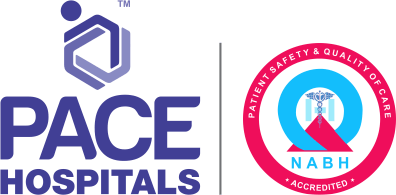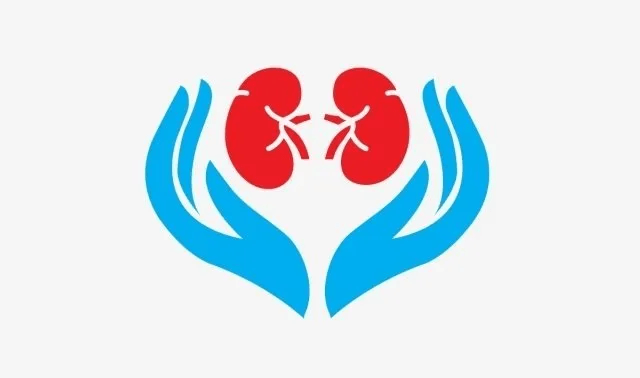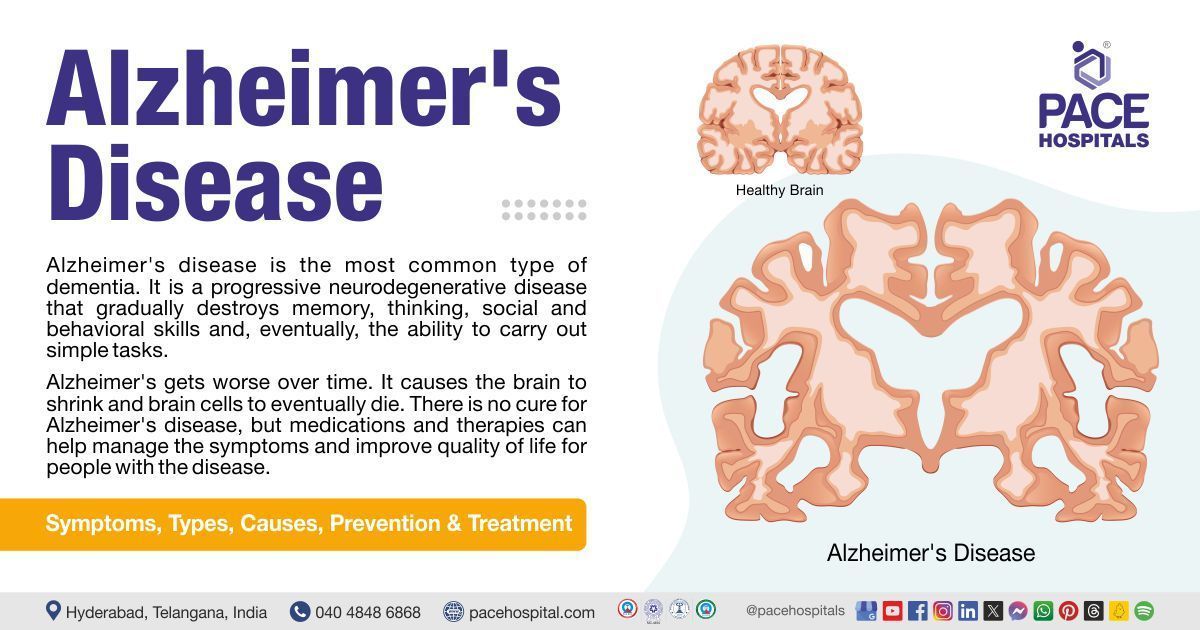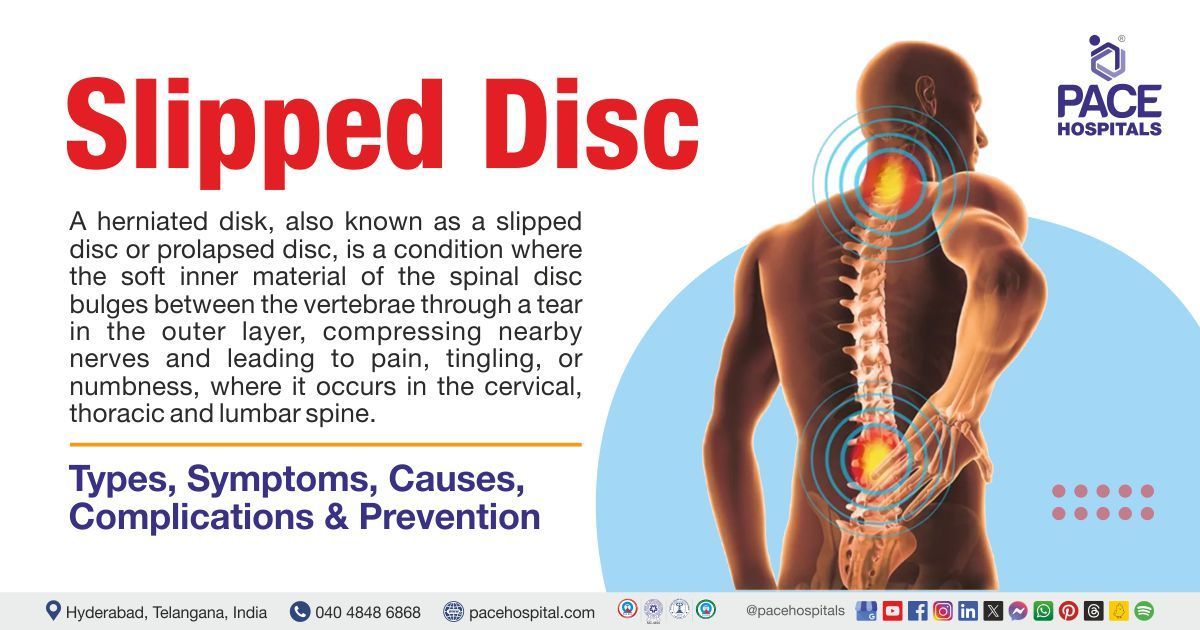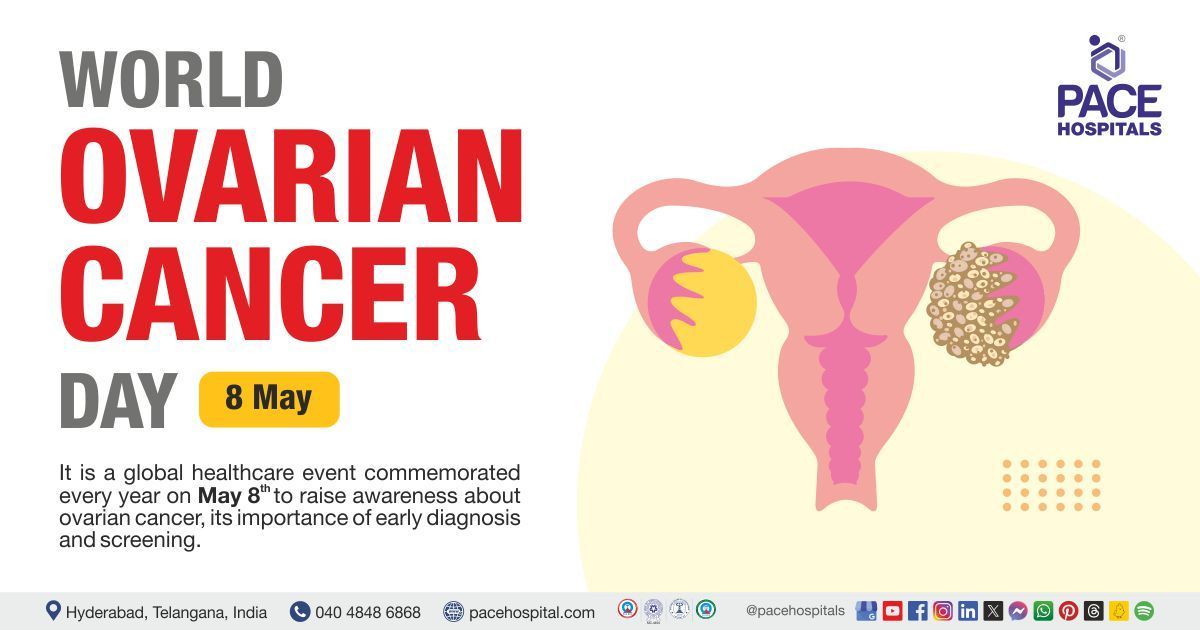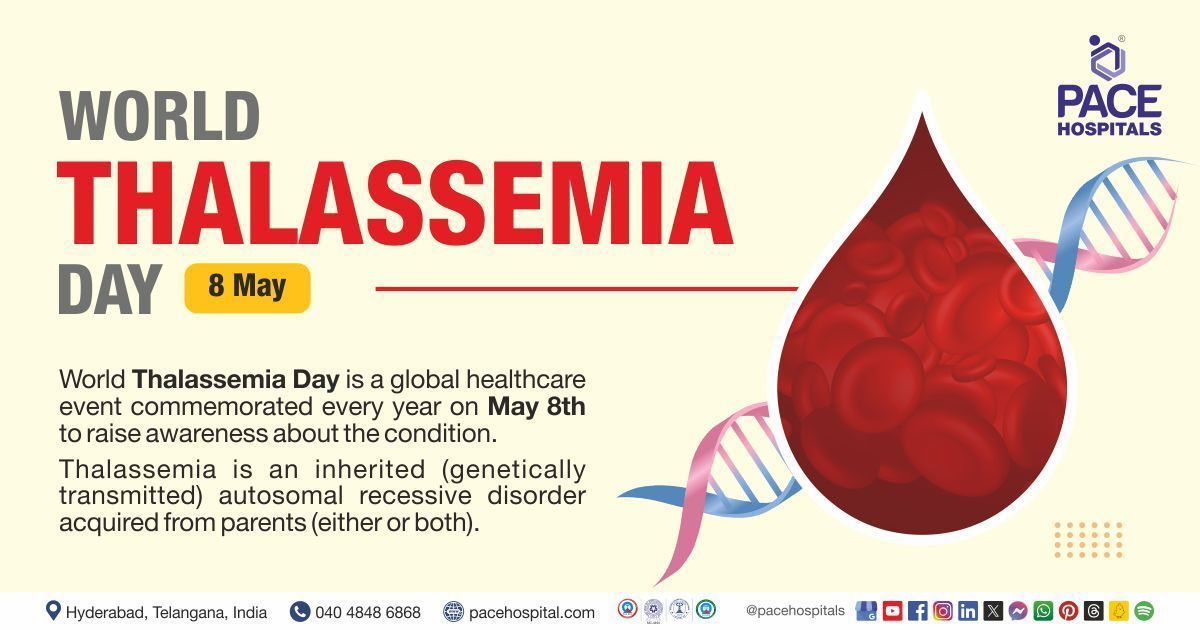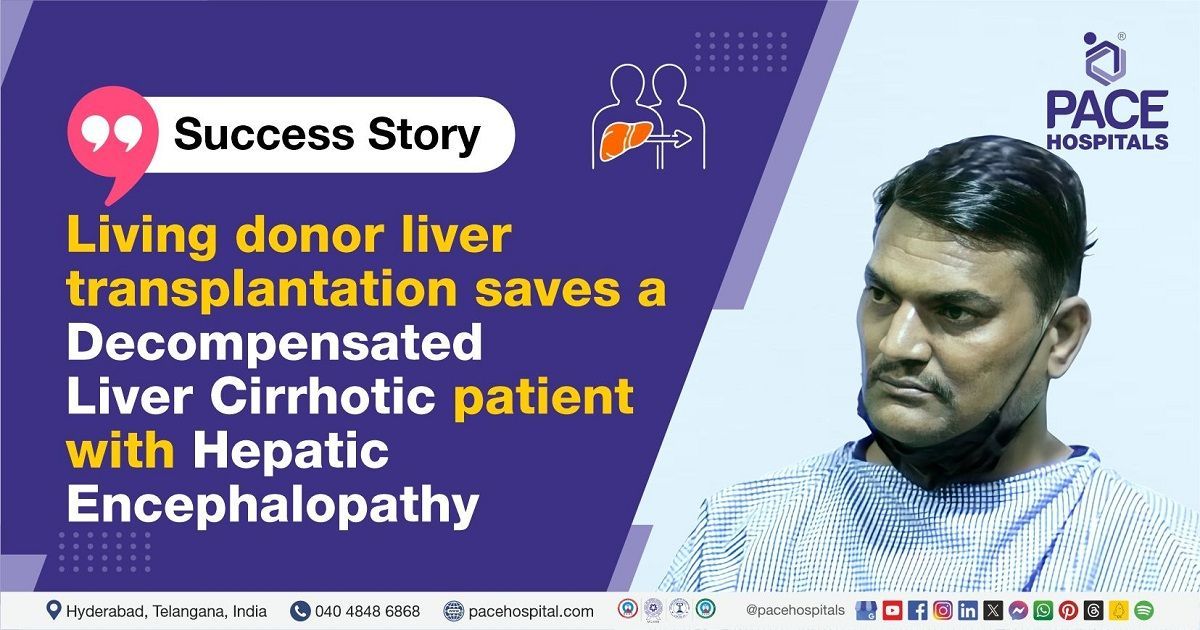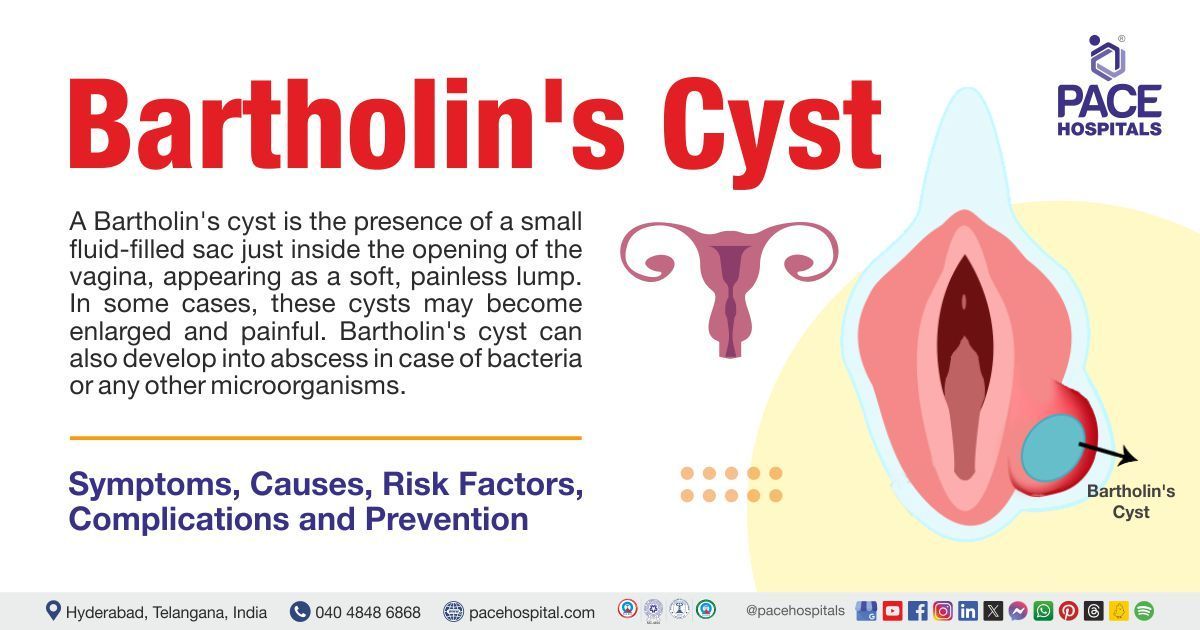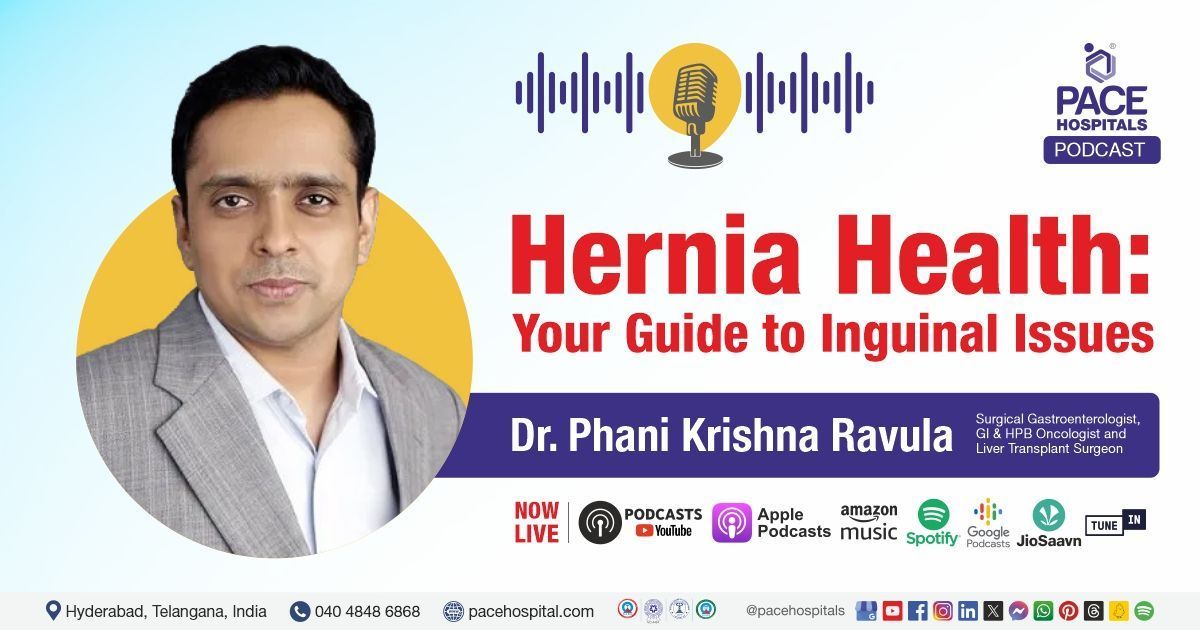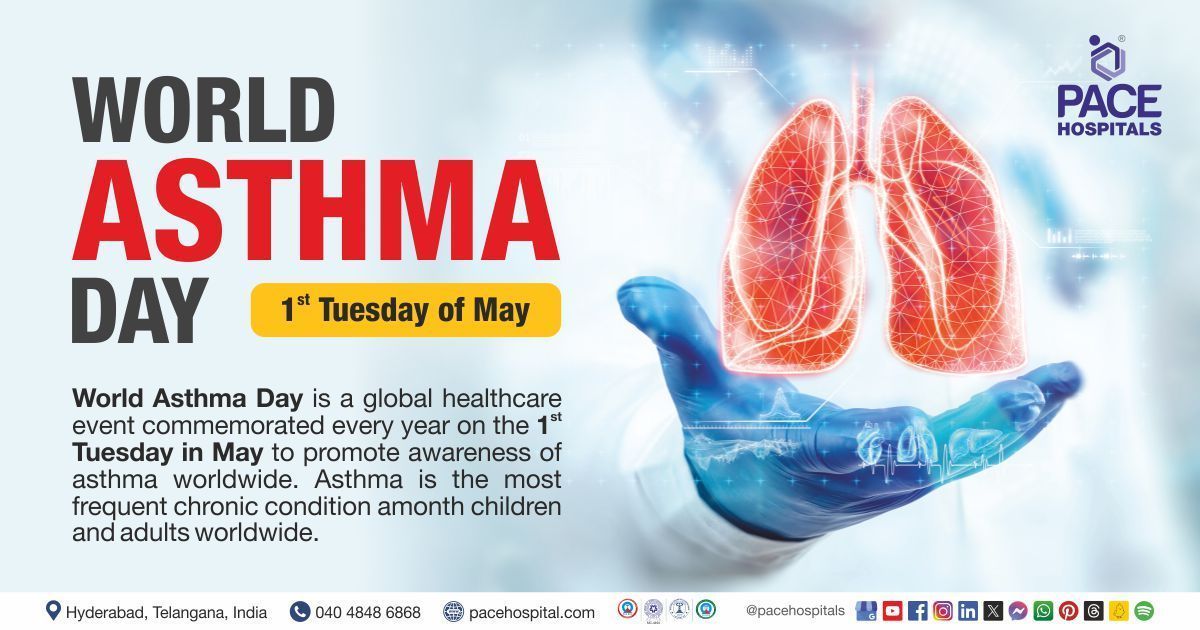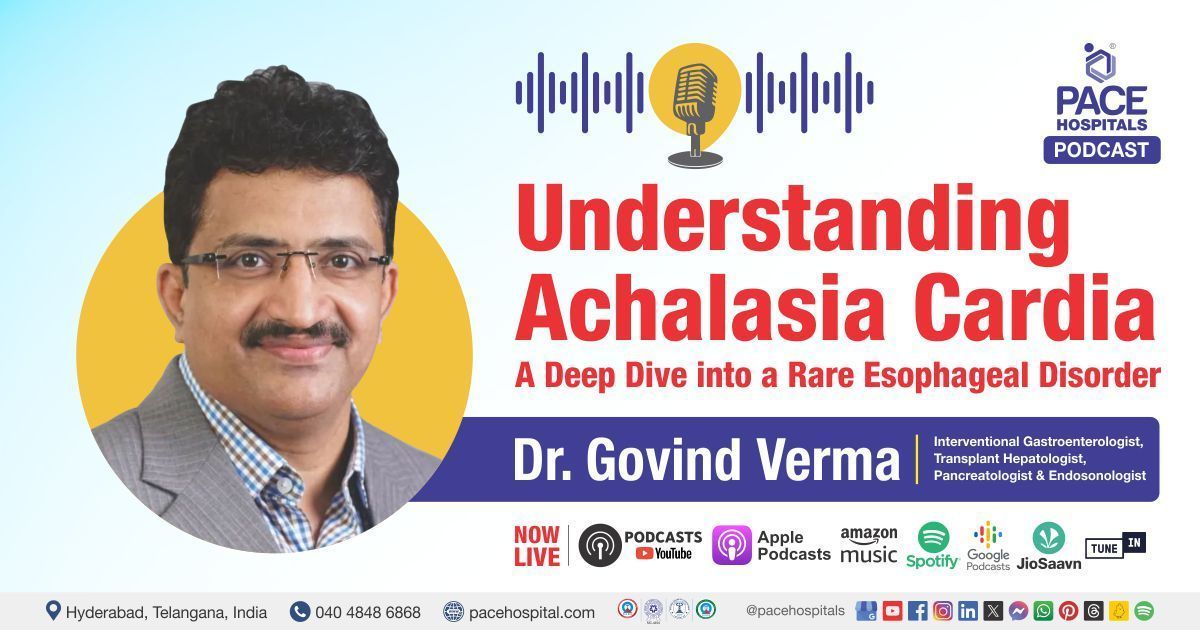15 Steps to Maintain Your Kidneys Healthy
Kidneys do many important jobs essential for our body like removing waste products and extra water in the form of urine. They also help in controlling blood pressure, keeping bones healthy and making red blood cells. Kidney disease lasting for less than 3 months is called acute kidney injury or disease. Chronic kidney disease is which is present for more than 3 months. Even if kidneys fully recover in the case of acute kidney injury it can have long term consequences on health.
Risk factors for kidney disease:
- Diabetes
- Hypertension (high blood pressure)
- Kidney stones
- Infections (urinary tract or systemic)
- Overweight and obesity
- Over the counter pain killer use
- Previous acute kidney injury
- Family history of kidney disease
- Very low birth weight
Tests to identify kidney disease:
- Complete urine examination: Urine will be checked for the presence of protein, blood or any abnormal elements. Normally urine has very small amount of protein. Any increase in protein in urine will suggest presence of kidney disease in the appropriate clinical context. Presence of red blood cells in urine also point towards the presence of kidney disease requiring further tests to confirm.
- Blood test: Blood will be checked for levels of urea and creatinine which are elevated in the presence of kidney disease. Creatinine values are used to calculate GFR in the clinic.
- Ultrasound: It will help us to identify the location, number, size and appearance of kidneys. Helps in examination of ureters, bladder and the presence of stones in urinary tract. Patients with chronic kidney disease may have small kidneys, abnormal kidneys or obstructed kidneys.
What are the complications of kidney disease?
Kidney disease can lead to high blood pressure (high blood pressure can cause CKD and CKD can also cause high blood pressure), low haemoglobin levels (anaemia), bone weakness, heart ailments, vitamin D deficiency, weight loss, abnormal calcium and phosphate levels, increased infection risk.
Tips for healthy kidneys
- Be fit and active: Regular exercise maintains blood pressure and helps control blood sugar
- Stop smoking
- Avoid carbonated soft drinks
- Drink plenty of water
- Avoid over the counter pain killer intake: Regular use of nonsteroidal anti-inflammatory drugs (NSAIDs), such as ibuprofen and naproxen, can damage your kidneys
- Certain other medications, toxins, pesticides and illegal drugs (such as heroin and cocaine) can also cause kidney damage
- Take medications as directed
- Keep your blood pressure in the target range
- Stay in your target cholesterol range
- Eat foods lower in salt
- Eat more fruits and vegetables
- Keep your weight in target range
- Limit alcohol intake: Heavy alcohol consumption can raise blood pressure and add calories
- Get enough sleep
- Getting a check-up? Make sure to get your kidneys checked too with urine, blood and ultrasound tests
Managing the risk factors for kidney disease
People at high risk of kidney disease should do the following to prevent the development of kidney disease:
- Diabetes: A growing number of kidney patients are people with diabetes, Meet blood sugar targets, Get HbA1c level checked to see your average sugar control in last 3 months
- Hypertension: Regular medicines to keep your blood pressure in target, Uncontrolled high blood pressure can speed up the natural course of any underlying kidney disease, Low salt diet and more of fruits and vegetables in diet
- Overweight and obesity: Regular physical activity to lose your weight
- Be very careful about taking non-prescription medications, particularly painkillers
- Management of other conditions like renal stone disease, autoimmune disease, repeated urine infection etc.,
- Regular check up for kidney function with blood and urine tests along with ultrasound examination.
Key questions to ask health care provider:
- What is my glomerular filtration rate (GFR)?
- What is my urine albumin result?
- What is my blood pressure?
- What is my blood glucose (for people with diabetes)?
Request an appointment
Fill in the appointment form or call us instantly to book a confirmed appointment with our super specialist at 04048486868
Appointment request - health articles
Thank you for contacting us. We will get back to you as soon as possible. Kindly save these contact details in your contacts to receive calls and messages:-
Appointment Desk: 04048486868
Whatsapp: 8977889778
Regards,
Pace Hospitals
Hitech City and Madinaguda
Hyderabad, Telangana, India.
Oops, there was an error sending your message. Please try again later. We will get back to you as soon as possible. Kindly save these contact details in your contacts to receive calls and messages:-
Appointment Desk: 04048486868
Whatsapp: 8977889778
Regards,
Pace Hospitals
Hitech City and Madinaguda
Hyderabad, Telangana, India.
Our Locations
Subscribe to our newsletter and stay updated with the latest health information.
By clicking on subscribe now, you accept to receive communications from PACE Hospitals on email, SMS and Whatsapp.
Subscribe to PACE Hospitals News
Thank you for subscribing. Stay updated with the latest health information.
Oops, there was an error. Please try again submitting your details.
-

Payment in advance for treatment (Pay in Indian Rupees)
For Bank Transfer:-
Bank Name: HDFC
Company Name: Pace Hospitals
A/c No.50200028705218
IFSC Code: HDFC0000545
Bank Name: STATE BANK OF INDIA
Company Name: Pace Hospitals
A/c No.62206858997
IFSC Code: SBIN0020299
Scan QR Code by Any Payment App (GPay, Paytm, Phonepe, BHIM, Bank Apps, Amazon, Airtel, Truecaller, Idea, Whatsapp etc)
Call us at 04048486868
ADDRESS
PACE Hospitals
Hitech City : Beside Avasa Hotel, Pillar No. 18, Hyderabad - 500081
Madinaguda: Mythri Nagar, Beside South India Shopping, Madinaguda, Hyderabad - 500050
QUICK LINKS
Disclaimer
General information on healthcare issues is made available by PACE Hospitals through this website (www.pacehospital.com), as well as its other websites and branded social media pages. The text, videos, illustrations, photographs, quoted information, and other materials found on these websites (here by collectively referred to as "Content") are offered for informational purposes only and is neither exhaustive nor complete. Prior to forming a decision in regard to your health, consult your doctor or any another healthcare professional. PACE Hospitals does not have an obligation to update or modify the "Content" or to explain or resolve any inconsistencies therein.
The "Content" from the website of PACE Hospitals or from its branded social media pages might include any adult explicit "Content" which is deemed exclusively medical or health-related and not otherwise. Publishing material or making references to specific sources, such as to any particular therapies, goods, drugs, practises, doctors, nurses, other healthcare professionals, diagnoses or procedures is done purely for informational purposes and does not reflect any endorsement by PACE Hospitals as such.
